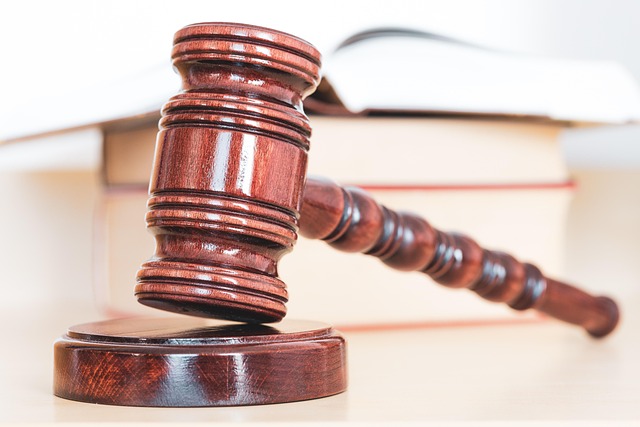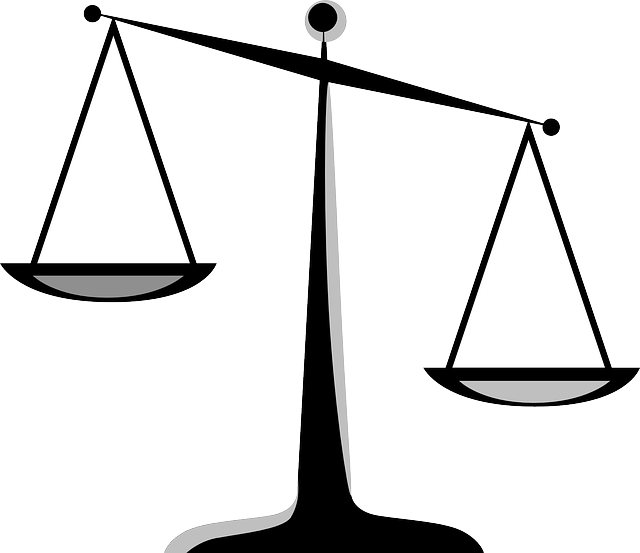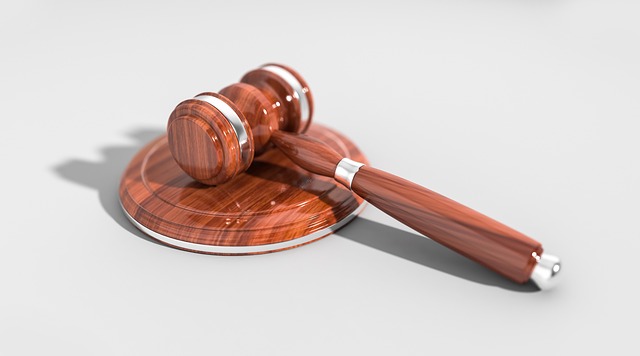The Securities and Exchange Commission (SEC) is pivotal in Securities Law Enforcement, tasked with maintaining fair markets, protecting investors, and promoting transparent public company disclosures. It oversees publicly traded companies, broker-dealers, and investment advisors, enforcing laws against securities fraud, insider trading, money laundering, and foreign corruption through investigations, rule-making, and penalties. By deterring wrongdoings via civil and criminal proceedings, the SEC restores investor trust and fosters ethical conduct in financial markets. Its dynamic role involves surveillance, enforcement, and protection, balancing transparency with global market trends while adapting to challenges like high-frequency trading and cryptocurrency.
“Explore the intricate world of RF Securities Industry Regulation and uncover the pivotal role played by the SEC. This article delves into the agency’s mandate, its enforcement powers, and the intricate balance it maintains to safeguard investors. From understanding the SEC’s oversight to tackling modern challenges, we analyze how this regulatory body ensures fair markets and protects investors in today’s dynamic financial landscape. Discover the crucial functions and strategies of the SEC in enforcing securities laws.”
- Understanding the SEC's Mandate in Securities Regulation
- The Role of SEC in Enforcing Securities Laws and Protecting Investors
- Key Functions and Challenges Facing the SEC in the Modern Securities Industry
Understanding the SEC's Mandate in Securities Regulation
The Securities and Exchange Commission (SEC) plays a pivotal role in the U.S. securities industry, acting as the primary regulator tasked with maintaining fair, orderly, and efficient markets. Its mandate extends to protecting investors, promoting fair competition, and facilitating transparent public company disclosures. The SEC’s influence is far-reaching, encompassing various aspects of securities law enforcement. With its authority to investigate and prosecute high-stakes cases, it deters fraudulent activities and ensures compliance with complex regulations.
The agency’s responsibilities include overseeing the activities of publicly traded companies, broker-dealers, and investment advisors. It conducts inspections, issues rules and regulations, and enforces laws related to securities fraud, insider trading, money laundering, and foreign corruption. The SEC’s actions not only safeguard investors but also foster trust in financial markets. Moreover, its role in resolving conflicts between public companies, shareholders, and other stakeholders underscores the importance of a strong regulatory framework, especially in navigating the intricate relationships within the philanthropic and political communities.
The Role of SEC in Enforcing Securities Laws and Protecting Investors
The Securities and Exchange Commission (SEC) plays a pivotal role in upholding the integrity of financial markets and safeguarding investors across the nation. As the primary regulator of securities, the SEC is tasked with enforcing federal securities laws, ensuring transparency, and promoting fair practices. Its extensive powers include investigating fraud, issuing rules and regulations, and imposing penalties on non-compliant entities. The commission’s efforts extend to both public and private companies, aiming to deter illegal activities such as insider trading, market manipulation, and financial reporting misconduct.
Through its enforcement actions, the SEC not only punishes wrongdoers but also serves as a deterrent for potential violators. The agency’s focus on white-collar crime includes complex cases that often require extensive legal battles. By leveraging its expertise and resources, the SEC has achieved extraordinary results in holding individuals and organizations accountable through civil and criminal proceedings, including jury trials. This robust approach ensures investors’ trust and confidence in the securities markets while fostering a culture of ethical conduct among market participants.
Key Functions and Challenges Facing the SEC in the Modern Securities Industry
The Securities and Exchange Commission (SEC) plays a pivotal role in ensuring fairness, transparency, and integrity within the securities industry. Its key functions encompass market surveillance, regulation enforcement, and investor protection. The SEC’s expertise lies in navigating complex financial instruments, analyzing market trends, and investigating potential violations of federal securities laws. With the modern securities landscape characterized by high-frequency trading, cryptocurrency, and global market integration, the SEC faces challenges that demand a dynamic and adaptable approach.
One significant challenge is managing the increasing volume and complexity of financial transactions. The SEC must effectively oversee all stages of the investigative and enforcement process, from initial complaints to trial and appeals, particularly in high-stakes cases. Balancing swift action against ensuring due process, the commission strives to achieve complete dismissal of all charges when no violation is found, upholding its reputation as a fair and impartial arbiter in the securities market.
The Securities and Exchange Commission (SEC) plays a pivotal role in ensuring the integrity and fairness of the securities industry. Through its mandate, the SEC acts as a formidable force in protecting investors by enforcing securities laws and regulating market participants. By balancing regulatory oversight with fostering innovation, the SEC navigates the complex landscape of modern finance. Despite challenges such as evolving market dynamics and technological advancements, the SEC’s key functions remain crucial in maintaining investor confidence and stability in the global financial markets.






